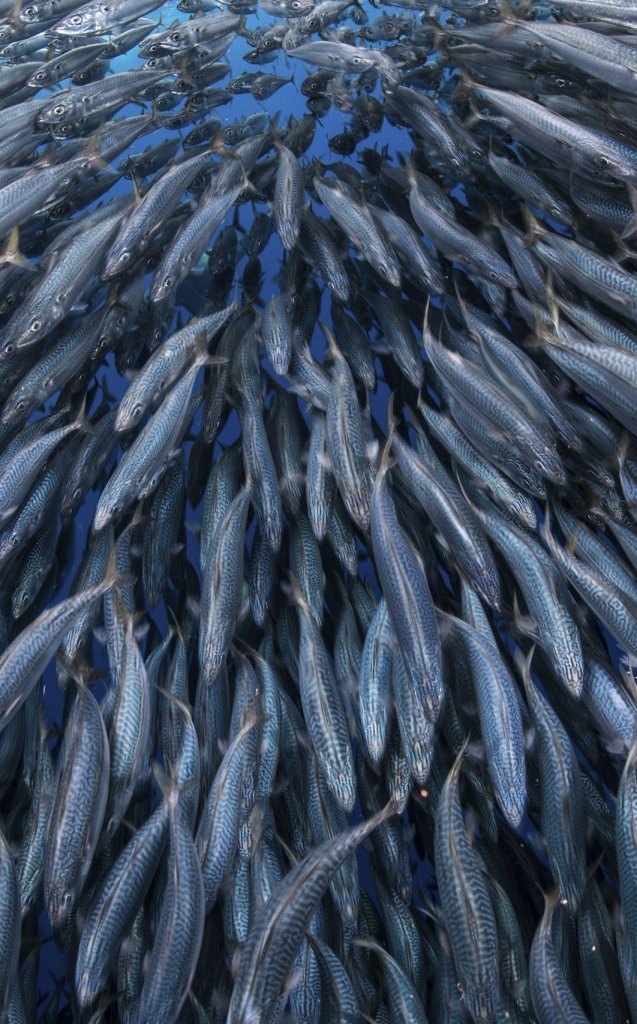Understanding how ecological drivers impact fish stock productivity through growth, condition and maturity is essential to advance towards ecosystem-based fisheries management (EBFM). These processes are crucial to being able to predict fish stock and fisheries yields under future climate change scenarios. A better understanding of the underlying factors affecting fish dynamics could improve fisheries management advice.
As part of our Ecological Effects on Fisheries theme, SEAwise researchers developed predictive models of fish size, maturity and productivity under the effects of different ecological drivers such as temperature, food availability, population size and habitat.

The ecological factors studied in this research varied by Case Study region. The main biological processes examined were: growth (both weight and length) and size at maturity, while the ecological drivers include: temperature, salinity, prey abundance, population size and fishing mortality. To assess the predictive capabilities of the model, a hindcasting approach (whereby past conditions are simulated to allow for comparison of actual observations) was used where the data set is split into a training dataset and a test dataset, and the results compared.
The ability to predict future events (AKA predictive ability) is one of the most important features of a model and was evaluated for some models using a hindcasting approach. The accuracy of the model predictions was measured in terms of average differences between predictions and observations. Overall, the results indicated that the best models in terms of model fit (or how well they fit the data) did not always have good forecast skills.
The improved predictive models developed in this work are now available to be used by researchers working within the Evaluation of Fisheries Management Strategies in an Ecosystem Context SEAWise theme. Work in this theme will use these models to establish the most effective recommendations for future fisheries management.
Read the full report here.
Stay up to date with SEAwise news and research, hear about upcoming events, and receive updates on fisheries news from across the European seascape.